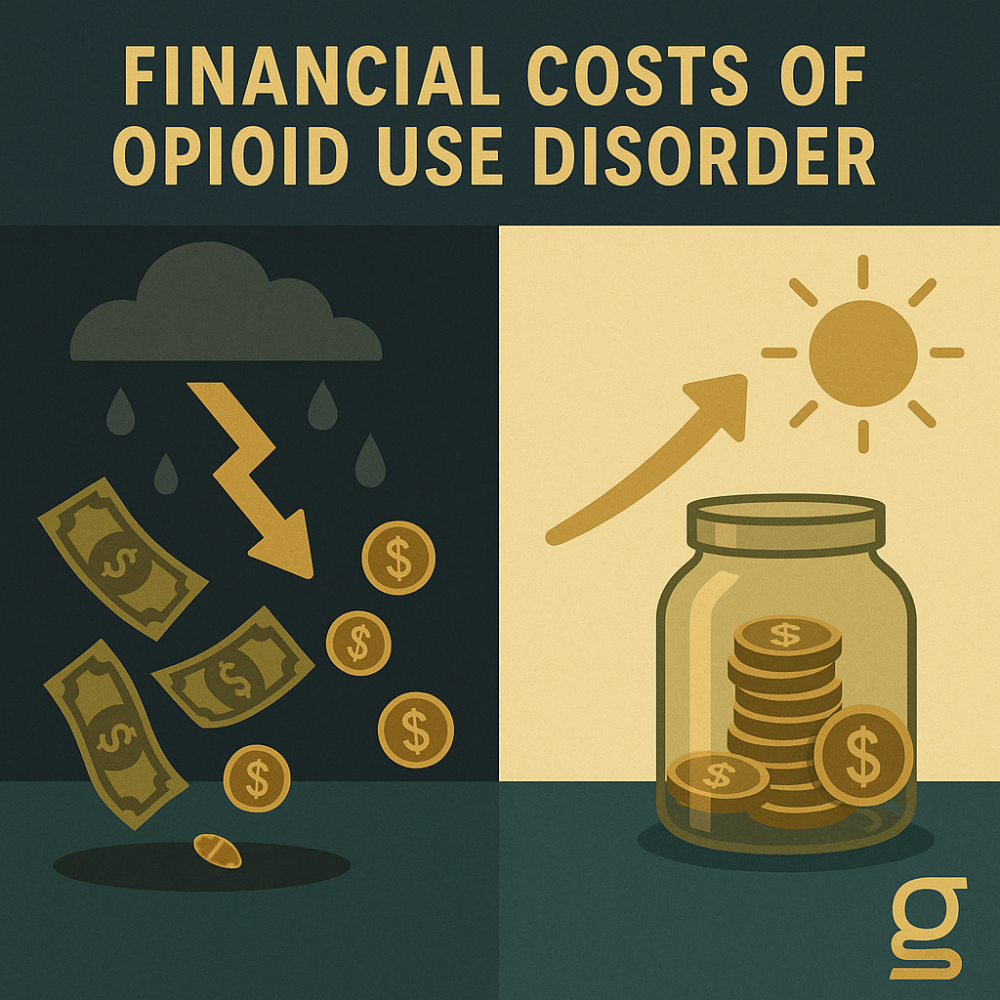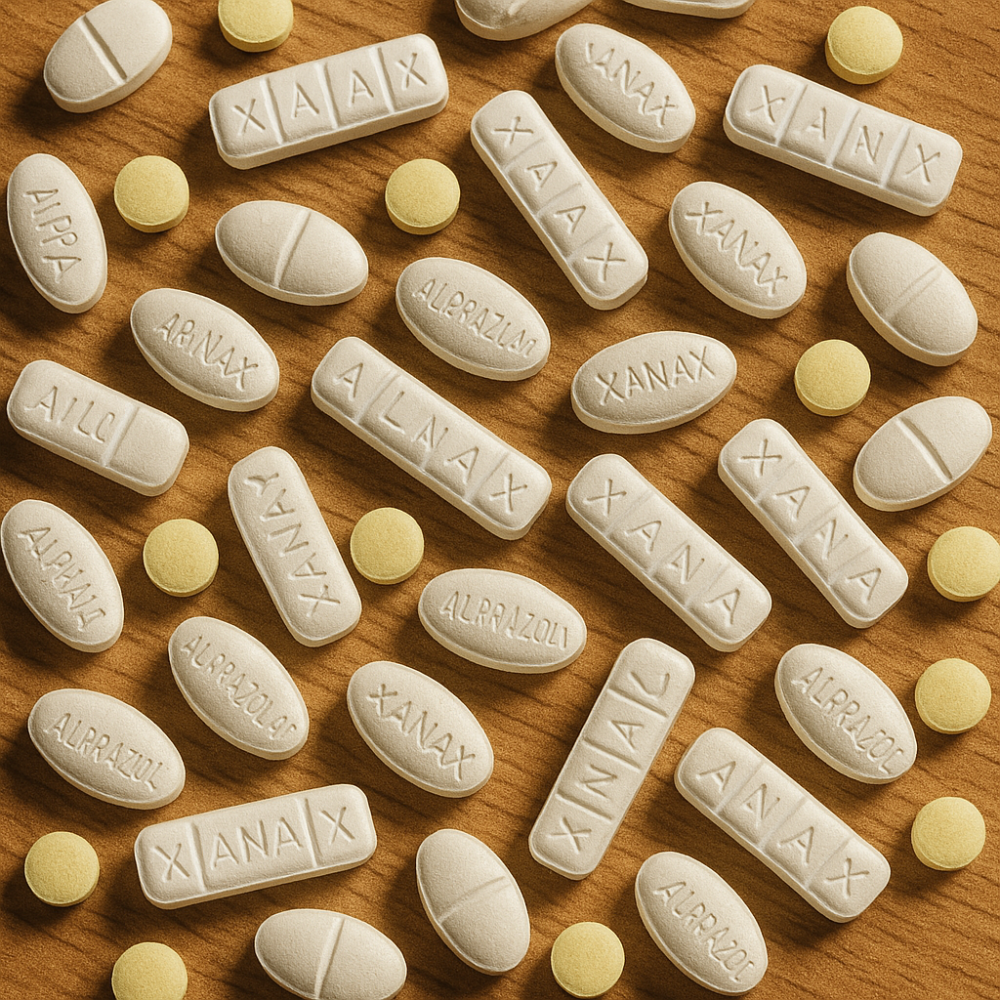Although you can buy over-the-counter (OTC) medications without a prescription, that does not mean using these drugs is without risk. Misuse or abuse of pain, cough, diarrhea, sleep or other medicines can cause serious physical and mental harm.
The National Institute on Drug Abuse describes the misuse of OTC medications as follows:1
- Taking medicine in a way or dose other than directed on the package
- Taking medication for the effect it causes – for example, getting high
- Mixing OTC medicines to create new products
Commonly Abused OTC Medicines and Their Dangers
Dextromethorphan (DXM)
Many OTC cold medicines contain the cough suppressant DXM. High doses of DXM may produce a hallucinogenic effect, like PCP or ketamine, which can cause symptoms of extreme panic, paranoia, anxiety, or aggressive behavior.2 Deliberately using high doses of DXM for its euphoric effects can cause addiction.
Besides cough relief, other short-term and health-related effects of DXM may include:3
- Euphoria
- Slurred speech
- Increased heart rate and blood pressure
- Dizziness
- Nausea and vomiting
- Breathing problems
- Seizures
DXM overdose can cause permanent brain damage or be lethal. Regular use of a DXM product containing acetaminophen may cause liver damage. Breathing that slows or stops is often the underlying cause of a fatal overdose.4
Another cold medicine ingredient is pseudoephedrine, a nasal decongestant found in many OTC cold medicines. Because illegal drug dealers may use pseudoephedrine to make methamphetamine, products containing the ingredient are often sold “behind the counter” nationwide. Although you usually don’t need a prescription to buy these products, pharmacists must adhere to state laws regarding their sales.5
Loperamide
Loperamide is an anti-diarrheal medication. Although it is an opioid, it does not produce the euphoric effects characteristic of other opioids unless it is used in high doses or combined with other substances.6 High doses of loperamide may also lessen withdrawal symptoms, including cravings, during drug detox.7
Misuse of loperamide can have dangerous effects, including loss of consciousness, cardiovascular toxicity, drowsiness, dizziness, and kidney failure from urinary retention.8
As with DXM, high doses of loperamide can cause a lethal overdose.
Pain Medications
Research updated in 2022 finds over 60 million Americans take Tylenol or another acetaminophen product weekly to treat pain or fever. Unfortunately, many people are not aware of the dangers posed by the drug.
If you take acetaminophen often, or in high doses, you risk liver damage or liver failure. Over 60,000 people in the U.S. are hospitalized annually due to liver damage caused by acetaminophen abuse, with many requiring a liver transplant to survive. About 500 people die each year from an intentional or accidental overdose.9
Sleep Aids and Allergy Medications
Both OTC sleep aids like Advil PM, Sominex, and Unisom and allergy medications like Benadryl contain diphenhydramine, an antihistamine intended for short-term use.10
OTC sleep medications can be safe and effective if used short term. But many Americans take sleep aids regularly. A WebMD survey found 18 percent of those surveyed used sleep aids daily, and 41 percent stated they had used the drug for a year or longer.11
Allergy medications can also be safe and effective if used as recommended. But the U.S. Food and Drug Administration (FDA) warns that taking higher than recommended doses of OTC allergy medicine containing diphenhydramine, including Benadryl, can lead to serious heart problems, seizures, coma, or even death.12
Because grogginess is a side effect of diphenhydramine, these medications can help you sleep. However, other side effects like daytime drowsiness, blurred vision, and confusion can lead to falls or accidents. Side effects can be more severe if you combine sleep aids with alcohol or another depressant.13
When taken in large doses, diphenhydramine can trigger hallucinogenic effects. For this reason, the FDA and other agencies warn products containing diphenhydramine are often abused, especially by teenagers and young adults.14
A recent study supports earlier research linking OTC sleep aids and Benadryl, which also contains diphenhydramine, to dementia.15
Laxatives
While occasional use of laxatives is not likely to be harmful, using them to promote weight loss can be deadly. The National Eating Disorder Association (NEDA) warns frequent laxative use can cause harm to vital body systems.16
Laxative abuse may:
- Disrupt electrolyte and mineral balances critical to the healthy function of nerves and muscles, especially in the colon and heart.
- Cause severe dehydration, which can result in tremors, fainting, kidney damage, and possibly death.
- Damage to internal organs, including the colon and liver. They may trigger irritable bowel syndrome or infection in the colon and may increase your risk of colon cancer.
- Result in intolerance to your usual dose, so you need to take increasingly larger quantities to trigger the colon to empty.
Aspirin
You may be surprised to learn that even aspirin can have serious side effects. Although many doctors advise their patients with a high risk of heart attack or stroke to take aspirin daily, long-term aspirin use is not appropriate for everyone.
Aspirin use can cause dangerous side effects, including bleeding in the stomach or brain and kidney failure.17 Be sure to discuss with your doctor whether taking a regular dose of aspirin is best for you. Your doctor will consider your medical history, other prescribed or OTC medications you take, any allergies or sensitivities you have, and additional information to determine whether the benefits outweigh the risks.
According to the Mayo Clinic, recent guidelines discourage people aged 60 and older without known heart or blood vessel disease from taking a daily aspirin to prevent a first-time heart attack or stroke.18
The bottom line is that OTC drugs can effectively relieve many routine health conditions when used sparingly and as directed. But if abused, OTC drugs can be lethal. Always consult your doctor to learn why an OTC drug may not be appropriate for you.
Gallus Medical Detox is a premiere inpatient medical detox facility known for superior patient outcomes. If you are struggling with substance use dependence or know someone who is, contact our admissions team today to learn how we can help.
Sources
- https://nida.nih.gov/publications/drugfacts/over-counter-medicines
- https://nida.nih.gov/publications/drugfacts/over-counter-medicines
- https://nida.nih.gov/research-topics/commonly-used-drugs-charts#dextromethorphan
- https://nida.nih.gov/publications/drugfacts/over-counter-medicines
- https://www.nacds.org/pse/
- https://nida.nih.gov/publications/drugfacts/over-counter-medicines
- https://nida.nih.gov/research-topics/commonly-used-drugs-charts#loperamide
- https://nida.nih.gov/research-topics/commonly-used-drugs-charts#loperamide
- https://www.ncbi.nlm.nih.gov/books/NBK441917/
- https://www.webmd.com/sleep-disorders/news/20161229/many-misuse-otc-sleep-aids-survey
- https://www.webmd.com/sleep-disorders/news/20161229/many-misuse-otc-sleep-aids-survey
- https://www.fda.gov/drugs/drug-safety-and-availability/fda-warns-about-serious-problems-high-doses-allergy-medicine-diphenhydramine-benadryl
- https://www.webmd.com/sleep-disorders/sleeping-pills-prescription-otc
- https://www.fda.gov/drugs/drug-safety-and-availability/fda-warns-about-serious-problems-high-doses-allergy-medicine-diphenhydramine-benadryl
- https://www.medicalnewstoday.com/articles/288546
- https://www.nationaleatingdisorders.org/learn/general-information/laxative-abuse
- https://www.fda.gov/drugs/safe-daily-use-aspirin/aspirin-reducing-your-risk-heart-attack-and-stroke-know-facts
- https://www.mayoclinic.org/diseases-conditions/heart-disease/in-depth/daily-aspirin-therapy/art-20046797


 Steve B
Steve B 

 Casey Wilson
Casey Wilson